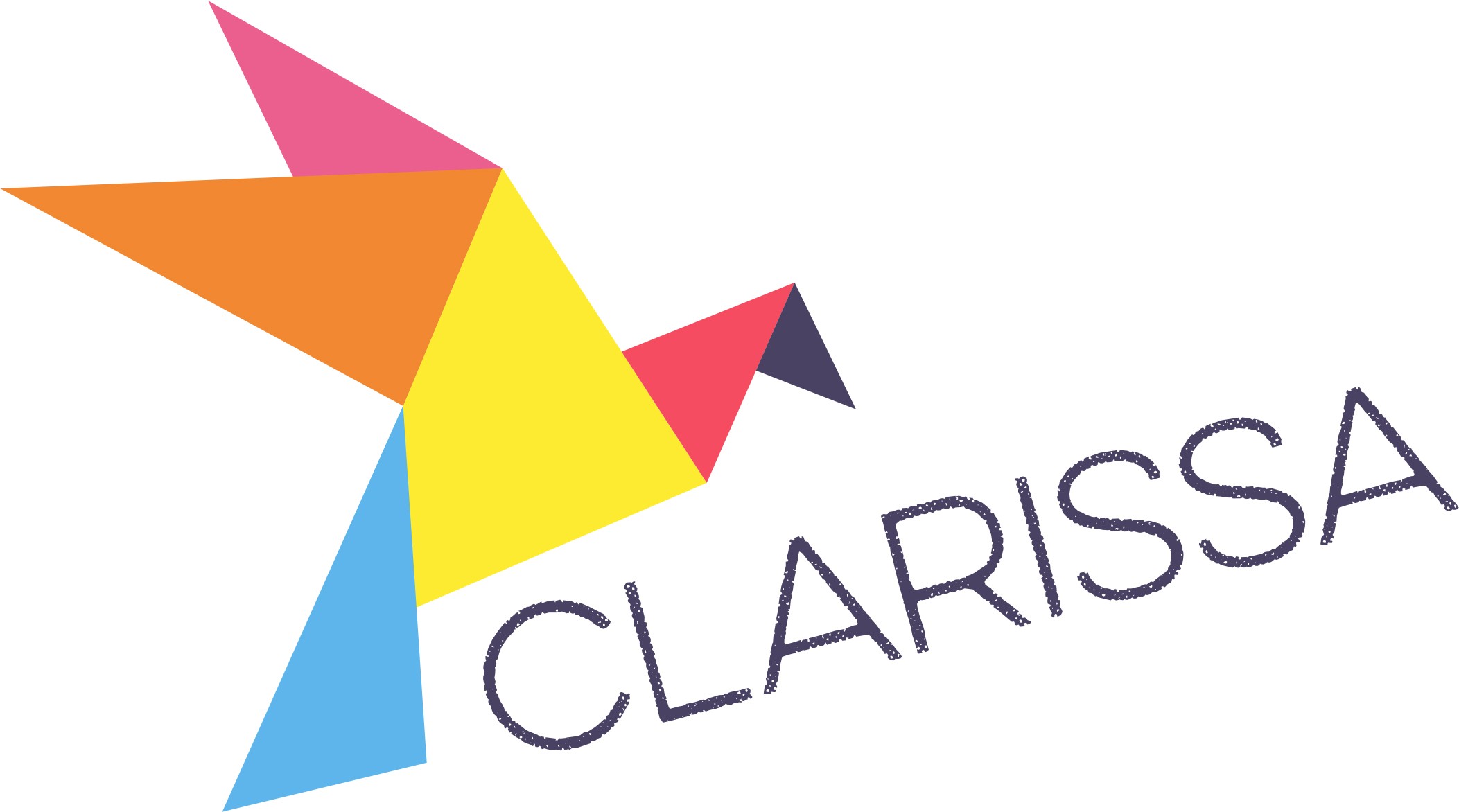Child labour is a sensitive global issue and in Nepal, it is centuries-old practice embedded as a process of socialization. Children in Nepal constitute an integral part of the family workforce engaged in both the formal and informal sectors at home for free or for family income. Any form of labour that deprives children of their basic rights to education, health, safety, and moral development is a criminal offense however child labor is a major issue in Nepal as children are forced to work in a hazardous environment and are commercially sexually exploited enduring brutal forms of violence.
The roots of the problem of child labour in Nepal lie deep in the larger socio-economic and cultural system of the country. To diminish the number of children working in the worst forms of child labour, a consortium of organizations led by the Institute of Development Studies (IDS) established a new programme Child Labour: Action-Research-Innovation in South and South-Eastern Asia (CLARISSA). This programme aims to generate a strong evidence base on, and innovative solutions to, the worst forms of child labour (WFCL) in Nepal. Its focus is on surfacing key drivers of the worst forms of child labour and developing interventions to counteract them. The primary beneficiaries of the programme are children in the worst forms of child labour and those who are vulnerable to being drawn into it. The families of these children benefit from greater resilience to shocks, better options for their children's safe and healthy future, and less intra-family stress and conflict. The programme is arranged around four themes or work streams: i. Social Protection, ii. Social Norms, iii. Supply Chains, and iv. Children’s Realities and Agency.
CWISH is an implementing partner of this programme in Nepal with a focus on streams of social norms in Adult Entertainment Sector (AES) and children's realities and agency i.e. child-led approach in support of Consortium for Street Children (CSC), UK. This Consortium is funded by the UKAid from the UK Government and includes ChildHope UK, CSC, and Terre des homes (Tdh) as consortium partners. The project in Nepal is led by Voice of Children and Tdh is the MEL partner.
Key activities in the programme are participatory action researches, After Action Review (AAR) with stakeholders for an adaptive and child-centered approach to evidence and innovation generation, and using intentional scaling strategies. Activities generate evidence of the drivers of and effective innovative interventions to reduce WFCL. It is imperative to create awareness and alter behavior and practices safeguarding the interest and well-being of children working in vulnerable conditions. CWISH further will implement advocacy initiatives on WFCL to prevent the push factors at the community, family, and individual level and pull factors from the unethical business. At present, the project activities are focused on generating evidence through story collection of the children who are in different worst forms of child labour including AES, on streets and in slum areas along with the focus on the capacity development of the Consortium partner organisations. Duration of the project is 4 years starting from 2019.
For more information visit website https://clarissa.global/

